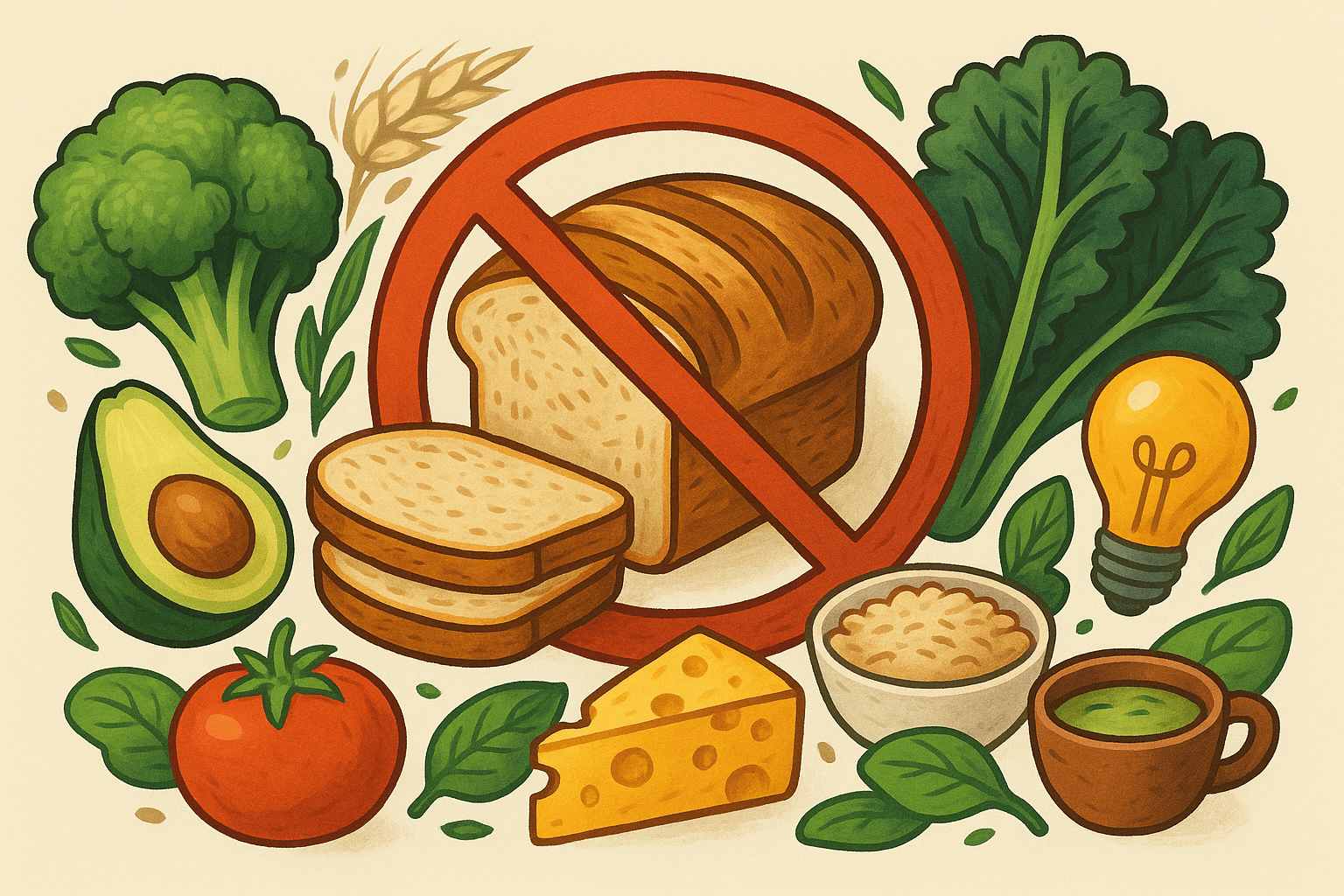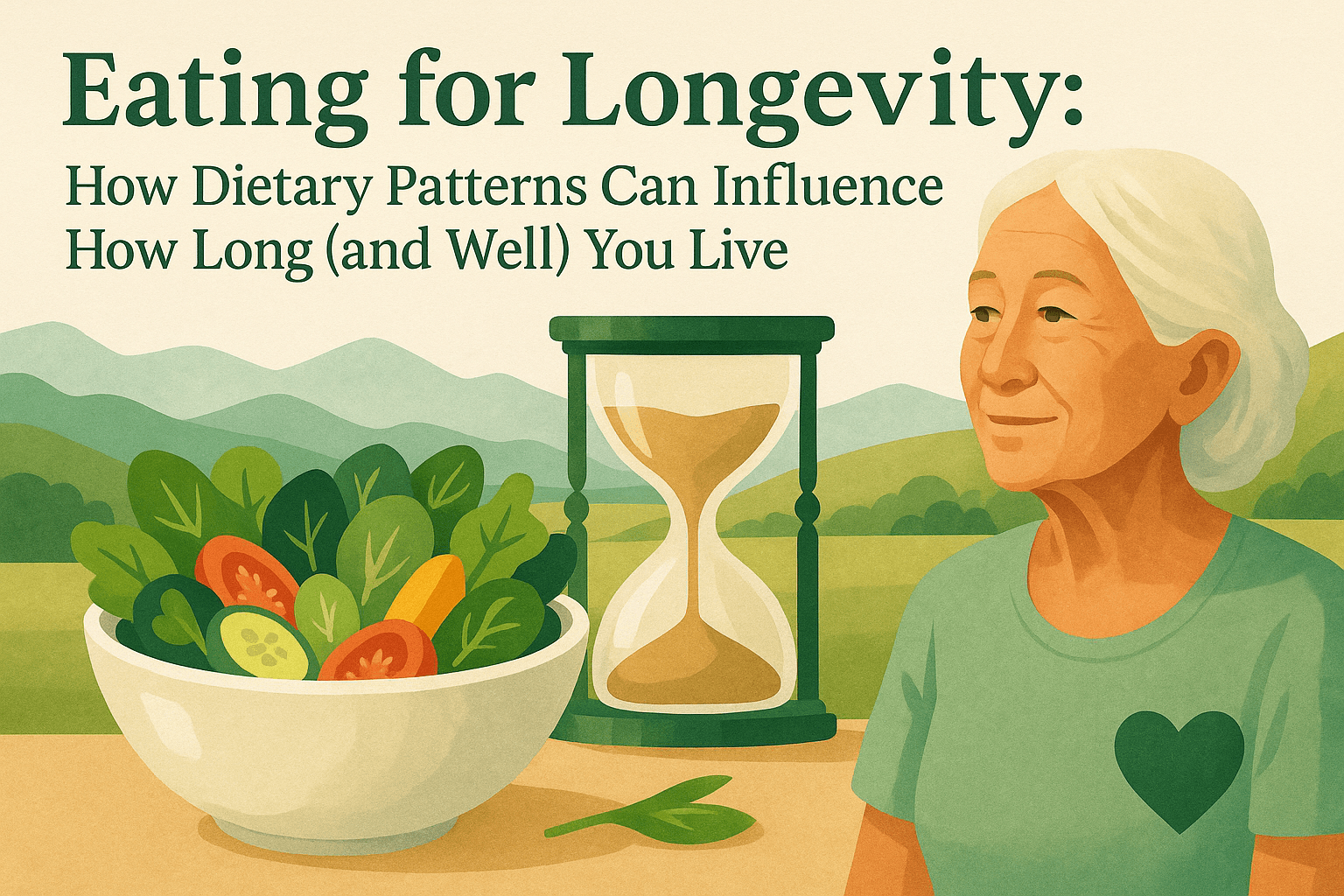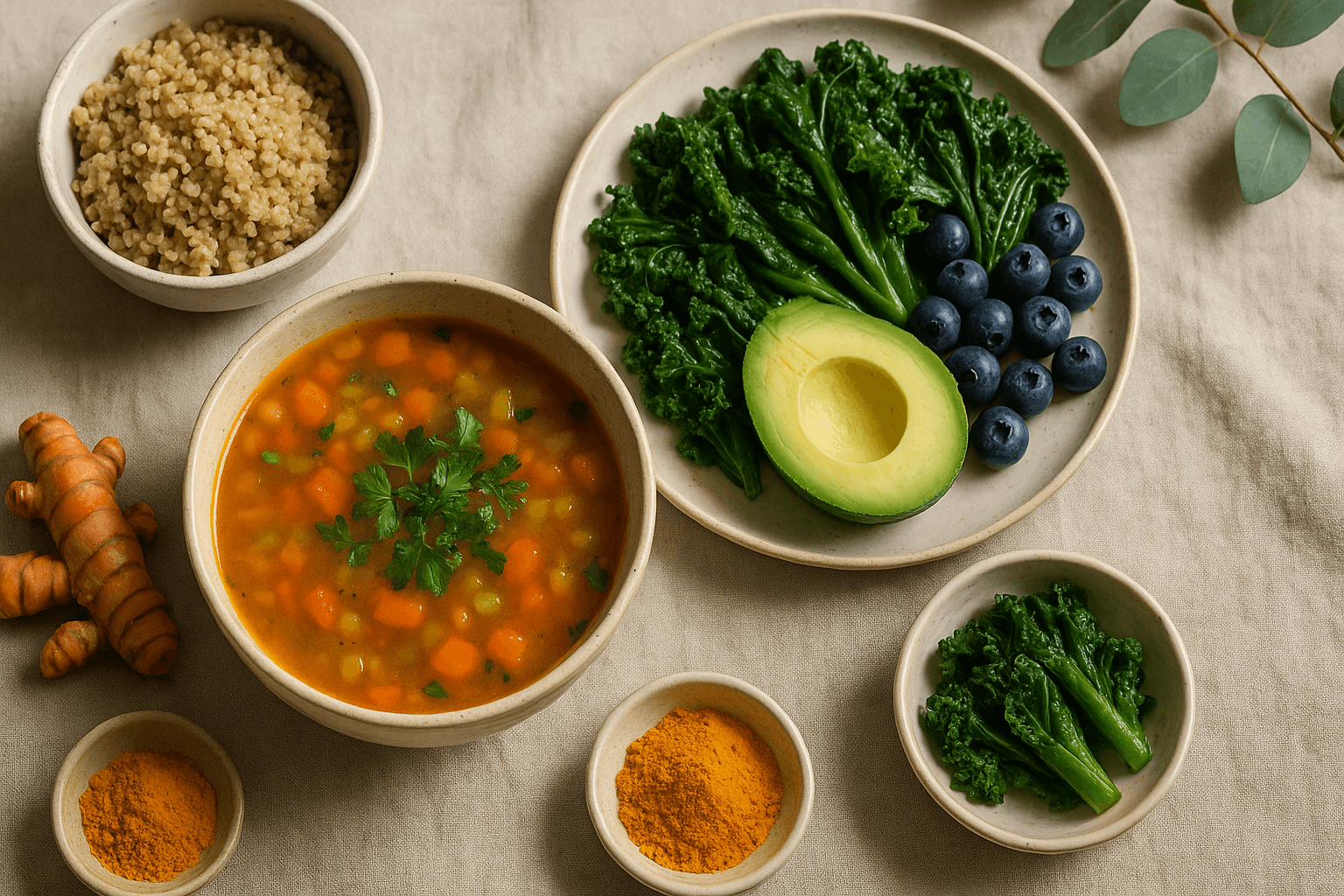Special Diets Demystified: Understanding the Most Popular Eating Plans Today
Published on May 15, 2025

Let’s be honest—in a world bursting with dietary advice, it’s easy to feel overwhelmed. Keto. Paleo. Vegan. Low-FODMAP. Intermittent fasting. Mediterranean. DASH. Gluten-free.
Each promises better health, weight loss, improved energy—or all of the above. But which one is right for you?
Let’s cut through the noise.
This guide demystifies the most popular special diets with a flavor-forward mindset and a grounded, evidence-based approach. Backed by sources like Krause’s Food and the Nutrition Care Process, Modern Nutrition in Health and Disease, and Nutrition and Diet Therapy, it’s your no-nonsense roadmap to today’s dietary trends.
Why Special Diets Exist (And Why They’re So Confusing)
Most diets fall into three buckets:
- Managing a medical condition (like IBS, diabetes, celiac disease)
- Pursuing health goals (weight loss, clarity, anti-inflammation)
- Aligning with personal values (ethics, religion, environment)
What’s often missing? Personalization.
Not every body needs the same fuel—and not every lifestyle fits the same rules.
The Keto Diet — Fat-Fueled and Fiercely Debated
A high-fat, very low-carb diet that puts the body into ketosis.
Pros:
- Rapid weight loss (short-term)
- Blood sugar regulation
- Potential for neurological support
Cons:
- Hard to maintain
- Fatigue, constipation, deficiencies
- May raise cholesterol
Best for:
Those wanting fast fat loss, managing epilepsy (under guidance), or thriving on structured plans
Sample Day:
- Breakfast: Scrambled eggs, avocado, spinach (olive oil)
- Lunch: Salmon salad with olives, walnuts, vinaigrette
- Dinner: Zucchini noodles, pesto, grilled chicken
The Low-FODMAP Diet — Relief for Sensitive Guts
A diet low in fermentable carbs that cause bloating and digestive distress.
Pros:
- Evidence-backed for IBS
- Reduces bloating and pain
Cons:
- Confusing without guidance
- Not for long-term use
Best for:
Diagnosed IBS or persistent bloating
Sample Day:
- Breakfast: Lactose-free yogurt, strawberries, chia seeds
- Lunch: Grilled chicken, quinoa, spinach, cucumber
- Dinner: Baked cod, mashed potatoes (no garlic/onion)
The Plant-Based & Vegan Diet — Powered by Plants
Centered on whole plants; vegan excludes all animal products.
Pros:
- Lowers chronic disease risk
- High in fiber, antioxidants
- Eco-friendly
Cons:
- Watch for B12, iron, protein
- Can be carb-heavy if unbalanced
Best for:
Heart health, ethics, weight goals
Sample Day:
- Breakfast: Steel-cut oats, almond butter, blueberries
- Lunch: Lentil-sweet potato curry, brown rice
- Dinner: Tofu stir-fry with broccoli, peppers
The Gluten-Free Diet — Medical Need or Modern Trend?
Eliminates gluten (in wheat, barley, rye).
Pros:
- Essential for celiac or gluten sensitivity
- May ease digestion
Cons:
- Not always healthier
- Risk of fiber/B vitamin deficiency
Best for:
Diagnosed gluten conditions
Sample Day:
- Breakfast: Greek yogurt, GF granola, banana
- Lunch: Quinoa salad with chickpeas, tomatoes
- Dinner: Grilled chicken, roasted veggies, polenta
The Paleo Diet — Ancestral Eating in a Modern World
Mimics pre-agriculture diets: meat, veggies, fruit, no grains/legumes/dairy.
Pros:
- Cuts processed food
- High in protein and fiber
Cons:
- Excludes major food groups
- Can be restrictive socially
Best for:
Reducing processed food, grain/legume sensitivities
Sample Day:
- Breakfast: Omelet with spinach and mushrooms
- Lunch: Steak salad with avocado, seeds
- Dinner: Baked salmon, root veggies
The Mediterranean Diet — Timeless, Balanced, Delicious
A heart-healthy diet from Mediterranean regions.
Pros:
- Strong cardiovascular/cognitive evidence
- Flexible and flavorful
Cons:
- Slower weight loss
- Fewer "rules" (some prefer structure)
Best for:
Long-term health seekers
Sample Day:
- Breakfast: Whole grain toast, tomato, olive oil
- Lunch: Chickpea stew with farro
- Dinner: Grilled fish, lemon greens, lentil salad
The DASH Diet — Blood Pressure’s Best Friend
Designed to reduce blood pressure via nutrient-dense, low-sodium eating.
Pros:
- Lowers BP and cholesterol
- Rich in fruits, veggies, grains, lean proteins
Cons:
- Requires sodium tracking
- Less focused on weight loss
Best for:
Hypertension or heart disease prevention
Sample Day:
- Breakfast: Oatmeal, berries, almond milk
- Lunch: Turkey-hummus wrap, veggie sticks
- Dinner: Grilled chicken, broccoli, brown rice
Intermittent Fasting — When You Eat Matters
Cycles between fasting and eating (e.g., 16:8, 5:2).
Pros:
- May support insulin and weight control
- Simplifies meal timing
Cons:
- May cause overeating
- Can disrupt hunger/social cues
Best for:
Structured eaters, simplified routines, blood sugar management
Sample Day (16:8):
- 12 pm: Quinoa salad with beans and greens
- 4 pm: Apple with nut butter
- 7:30 pm: Tofu stir-fry with vegetables
Personalizing Your Diet — The Only "Right" Way to Eat
There’s no single best diet. Only the one that fits you.
Ask yourself:
- How does it make me feel?
- Can I sustain it long-term?
- Does it fit my culture, routine, budget?
The best diets are:
- Enjoyable
- Nutrient-rich
- Balanced
- Adaptable
Final Thoughts: Eat with Purpose, Not Perfection
Diets aren’t magic—but they’re tools. The right one should:
- Nourish your body
- Match your life
- Bring you joy
Nutrition should feel like possibility—not punishment.
Explore. Taste. Adapt. Thrive.
Your next delicious chapter starts now.








